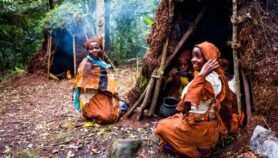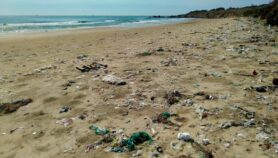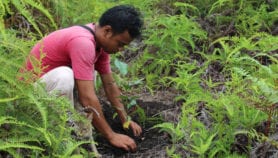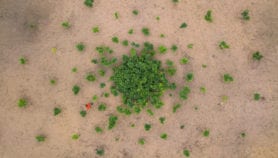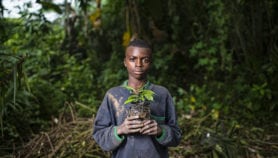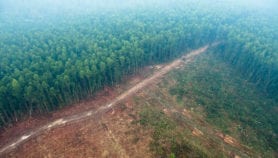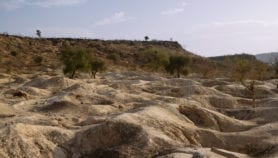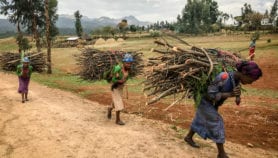18/10/22
‘Robust laws needed’ to halt forest loss from mining
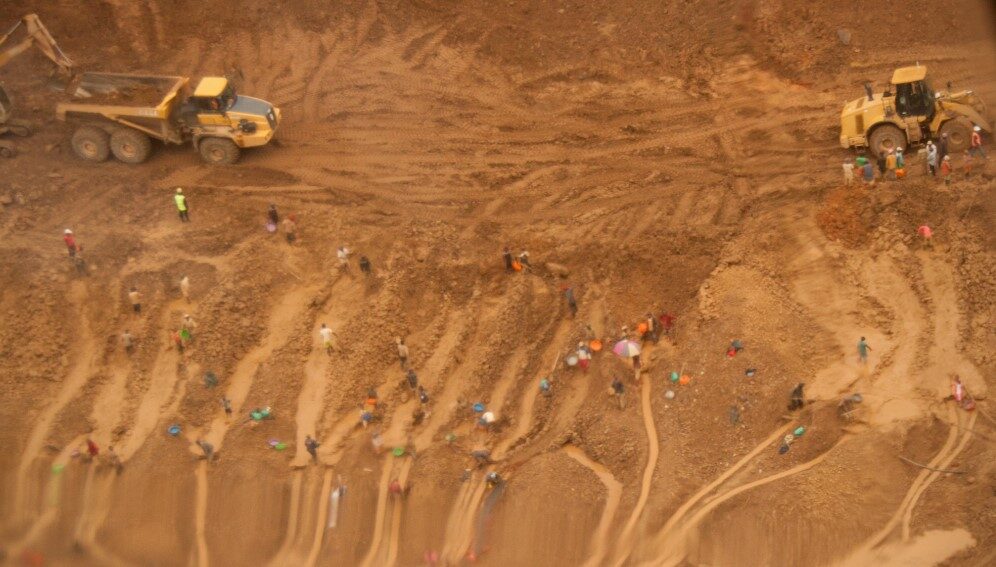
By: Samuel Hinneh
Send to a friend
The details you provide on this page will not be used to send unsolicited email, and will not be sold to a 3rd party. See privacy policy.
[ACCRA] Policymakers must develop and implement legislation and forest conservation programmes to halt the loss of tropical forests from industrial mining, environmental experts urge.
The call follows a study showing that industrial mining in four countries — Indonesia, Brazil, Ghana and Suriname — contributed 80 per cent of the tropical forest loss in 26 countries in the past 20 years.
Scientists studied mining areas in 26 countries covering 11,500 square kilometres of land, including 7,000 square kilometres of tropical forest, from 2000 to 2019. Using satellite image-based data and geospatial datasets with global coverage they were able to quantify direct forest loss.
“The findings show that some Sub-Saharan African countries are among the tropical countries that lost the largest forest areas to the expansion of mining,” says Stefan Giljum, the study’s lead author and an associate professor at Vienna University of Economics and Business, Austria. “Ghana mostly stands out, in particular, for gold mining.”
“Some Sub-Saharan African countries are among the tropical countries that lost the largest forest areas to the expansion of mining.”
Stefan Giljum, Vienna University of Economics and Business
According to the study, expansion of mining activities into forest areas accounted for about 47 per cent (3,264 square kilometres) of tropical forest loss in the past 20 years, with African countries such as Cote d’Ivoire, Ghana, Tanzania and Zimbabwe experiencing direct forest loss due to industrial mining.
The study published September in the Proceedings of the National Academy of Sciences suggests that policymakers and mining companies operating in tropical countries should also consider potential impacts beyond the mining process. In order to preserve tropical forests, direct and indirect deforestation impacts of mining projects should be fully considered, the study explains.
Giljum says that the current debate about deforestation mostly focuses on agriculture and livestock farming while little is known about the impact of mining. Meanwhile, the global demand for minerals is steadily increasing.
Countries in Sub-Saharan Africa should make monitoring the environmental effects of mining a priority in order to avoid significant future harm to forest areas, Giljum adds.
“Monitoring and reducing the environmental impacts of mining will be an increasingly important topic in the future, so policymakers should start developing strategies through legislation around regional planning and forest conservation strategies to take the direct and indirect impacts of mining expansion into account,” Giljum explains.
Daryl Bosu, deputy national director of A Rocha Ghana, an environmental non-governmental organisation, says that while regulations for environmental impacts assessment need to be strictly implemented and complemented by environmental mitigation plans, policies to establish “no-go areas”, backed by appropriate legal frameworks, are crucial. This is because mining areas also provide food, water and other ecosystem services, he explains.
“As environmental impact assessments increasingly become formalities because they are backed by big corporations and controlling governments, it has become even more critical to respect the human rights of resource-rich communities by the uncompromising respect for community consent and participation in the processes,” Bosu adds.
Ghana is already reeling from the negative impacts of small-scale mining, popularly known as “galamsey”. Ghanaians accuse the government of failing to respond robustly over an allegation last month that a mining firm owned by a regional leader of the ruling political party has been mining gold in a forest reserve.


Ghana’s Ministry of Lands and Natural Resources issued a statement on (3 October) to halt the company from mining in the forest reserve.
“While Akonta Mining Ltd has a mining lease to undertake mining operations in some parts of Samreboi, outside the forest reserve, the company has no mineral right to undertake any mining operations in the Tano Nimiri Forest Reserve,” the statement said. “Steps are currently being undertaken to enforce the minister’s directive issued on 30 September 2022 [to stop the firm from mining in the forest reserve].
This piece was produced by SciDev.Net’s Sub-Saharan Africa English desk.




